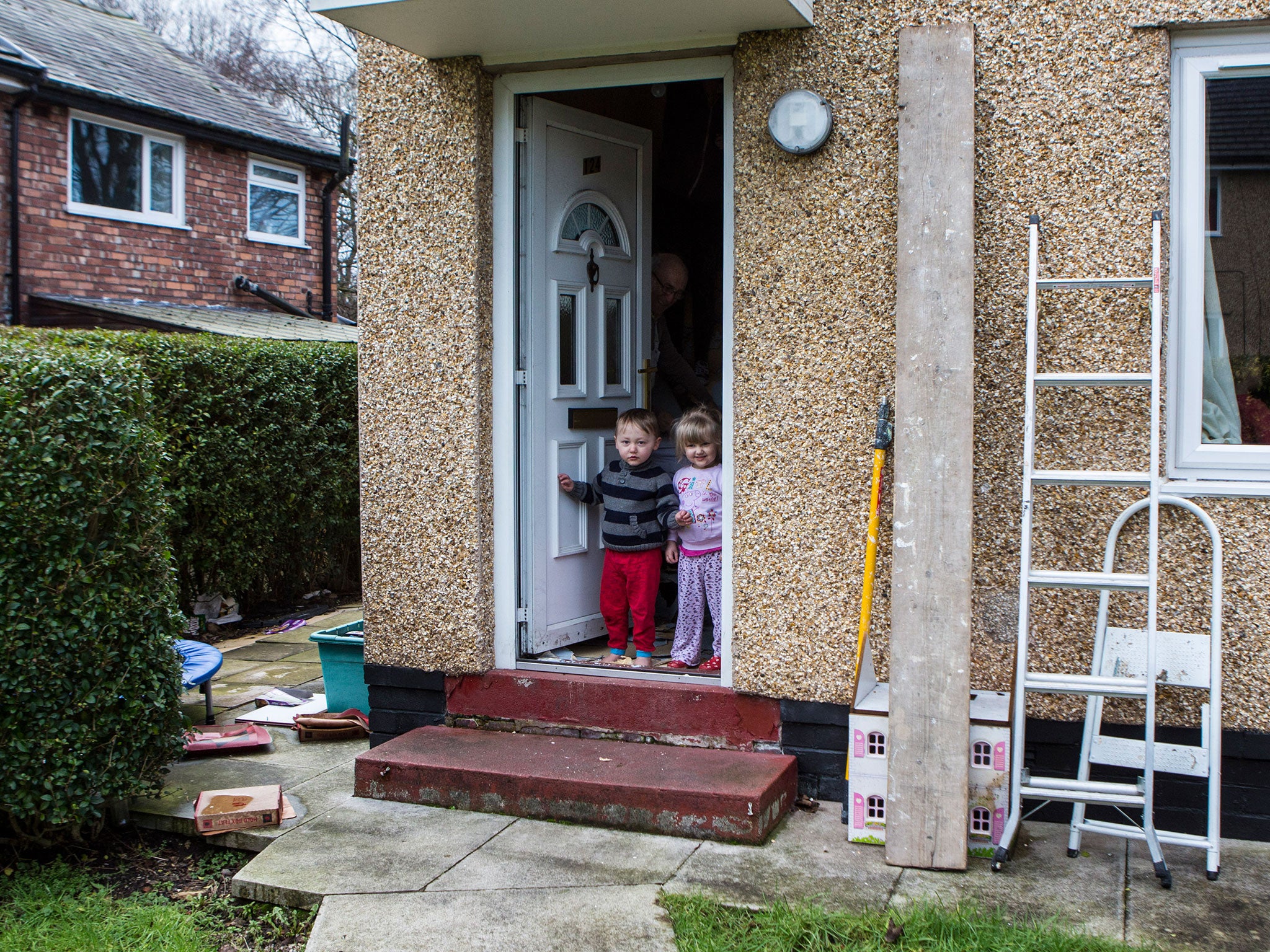The government is about to make millions of children invisible - because their type of poverty is inconvenient
Currently, how well the UK is tackling child poverty is measured by how much income families have. In the future, the Government will only have to report on how children are doing in school and if their parents are “workless”


Your support helps us to tell the story
From reproductive rights to climate change to Big Tech, The Independent is on the ground when the story is developing. Whether it's investigating the financials of Elon Musk's pro-Trump PAC or producing our latest documentary, 'The A Word', which shines a light on the American women fighting for reproductive rights, we know how important it is to parse out the facts from the messaging.
At such a critical moment in US history, we need reporters on the ground. Your donation allows us to keep sending journalists to speak to both sides of the story.
The Independent is trusted by Americans across the entire political spectrum. And unlike many other quality news outlets, we choose not to lock Americans out of our reporting and analysis with paywalls. We believe quality journalism should be available to everyone, paid for by those who can afford it.
Your support makes all the difference.Today sees a watershed moment in the way that the UK Government deals with child poverty, as MPs decide whether to give final assent to the Welfare Reform and Work Bill.
There are 3.7 million children in the UK living in poverty, made more shocking by the fact the majority – over 60 per cent - of their parents are in paid work.
Currently, how well the UK is tackling child poverty is measured by how much income families have, and the Government must report on its progress. In the future, the Government will only have to report on how children are doing in school and if their parents are “workless”.
This change will create a hidden class of family, who are too poor to make ends meet, but are not visible to policy makers because a parent is in paid work.
Money is crucial to determining children’s opportunities. How much money your family has, how well you do in school, then what kind of work you do are still very much entwined. Despite decades – if not centuries – of policy-makers trying to make Britain fairer, children born in poverty are often trapped in a low waged, low opportunity area when leaving school.
From talking to families, Barnardo's knows that losing even a small amount of money could mean some have to choose between heating or eating this winter. We help a mum of five who is skipping meals because she can’t afford to feed both herself and her family, despite working full time. Hungry children don’t concentrate well in the classroom.
Income-related poverty is a very real problem for many UK families, so the Government must continue to measure, report on, and eliminate. Improving income poverty and fighting the underlying cause of disadvantage are not mutually exclusive – both are significant for improving children’s life chances.
If the Prime Minister wants to achieve his ambition of improving the life chances of the most vulnerable, he must send a clear message that the Government’s duty is to tackle income poverty now, as well as preventing it in the future – and urgently rethink this legislation.
Join our commenting forum
Join thought-provoking conversations, follow other Independent readers and see their replies
Comments